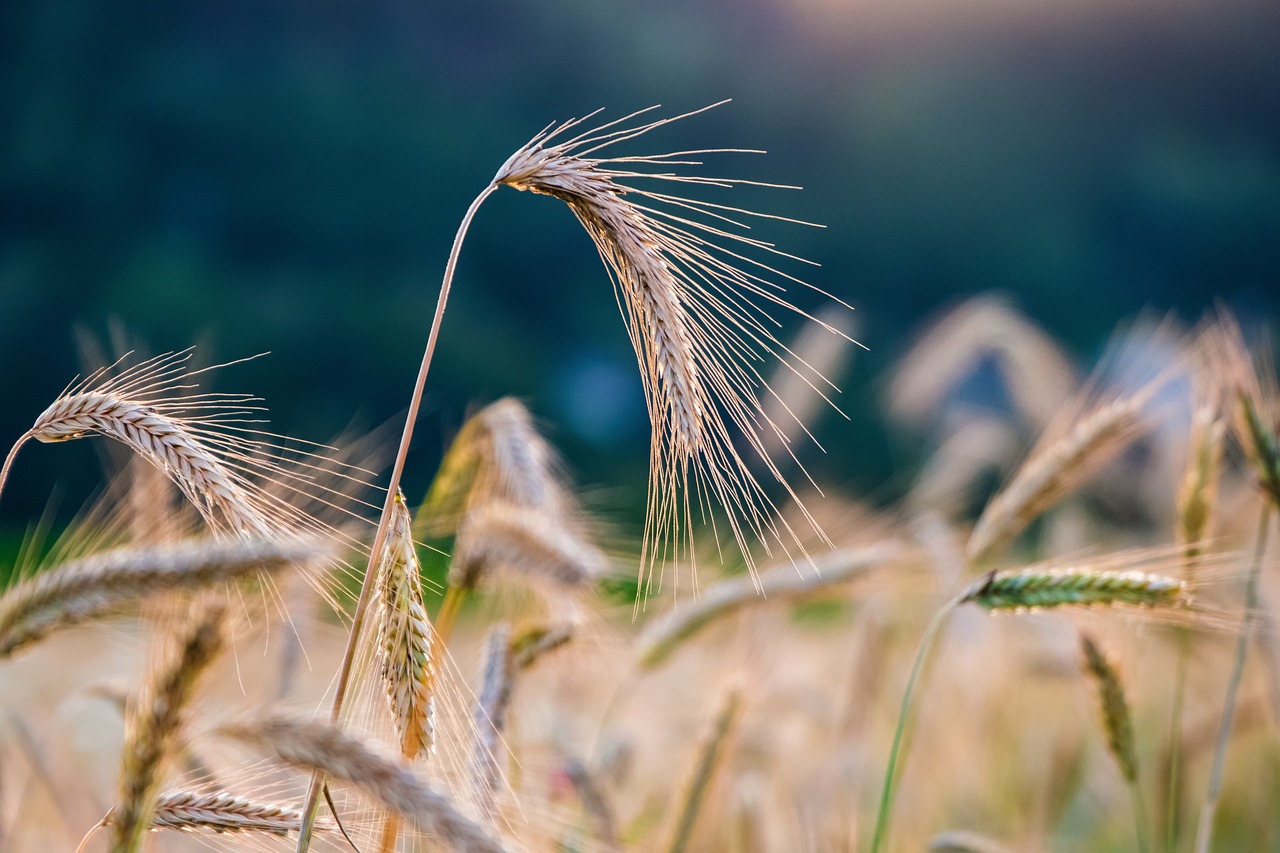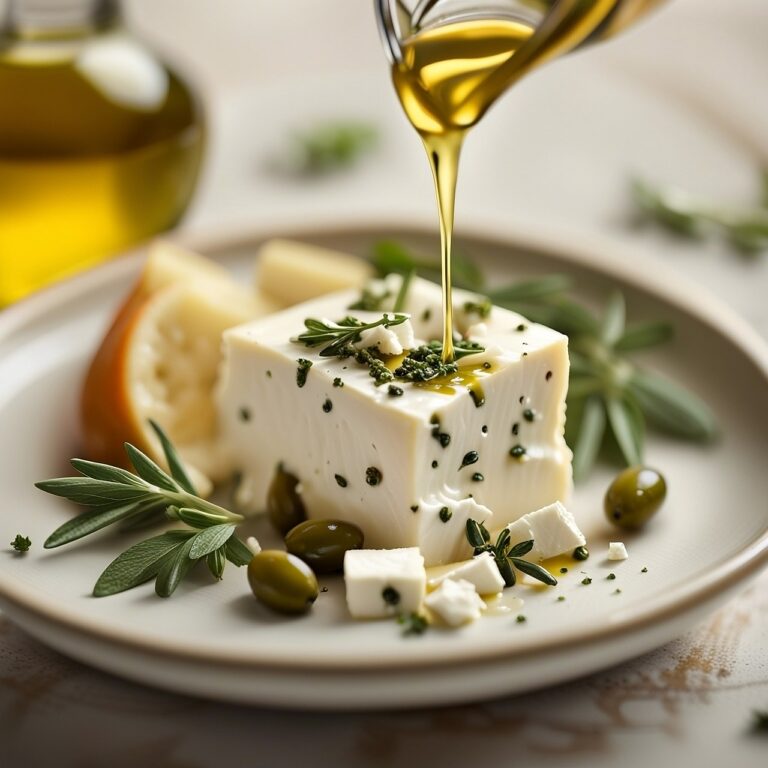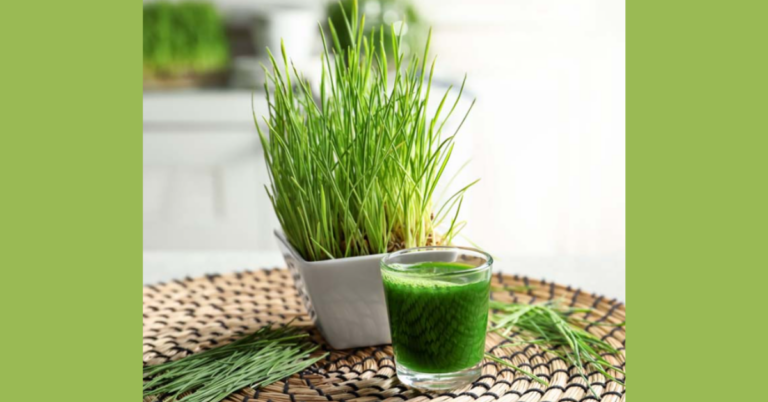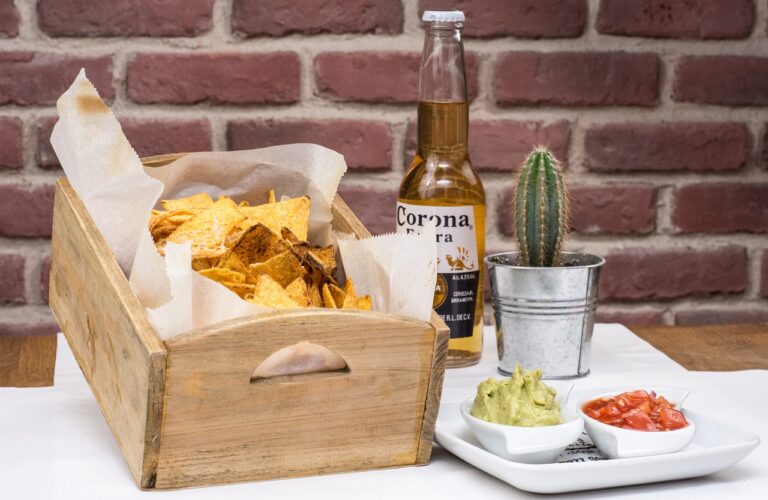Sustainable Livestock Breeding Practices: Heritage Breeds and Genetic Diversity
Modern livestock breeding faces numerous challenges in today’s agricultural landscape. One prominent issue is the emphasis on high productivity and uniformity in livestock breeds, leading to a loss of genetic diversity. This narrow focus on specific traits has resulted in a decline in the gene pool, making livestock more susceptible to diseases and environmental changes.
Moreover, the intensive breeding practices in modern livestock production have raised concerns about animal welfare. Selective breeding for rapid growth or high milk production has led to health problems in livestock, such as skeletal deformities and reproductive issues. Balancing the need for increased productivity with the ethical treatment of animals poses a significant challenge for modern livestock breeders.
Importance of Genetic Diversity in Livestock Breeding
Genetic diversity in livestock breeding plays a crucial role in ensuring the health and resilience of animal populations. By maintaining a wide gene pool, breeders can reduce the risk of genetic disorders and increase the overall fitness of the animals. This diversity also helps in adapting to changing environmental conditions and emerging diseases, making the livestock more sustainable in the long run.
Furthermore, genetic diversity can lead to the development of new and improved breeds with desirable traits such as disease resistance, productivity, and adaptability. By crossbreeding different lines or breeds, breeders can harness the diversity within the gene pool to create animals that are better suited to modern farming practices and market demands. Overall, genetic diversity is a cornerstone of successful livestock breeding programs, ensuring the continuation of viable and healthy populations for future generations.
Genetic diversity in livestock breeding is essential for the health and resilience of animal populations
Maintaining a wide gene pool helps reduce the risk of genetic disorders and increase overall fitness
Adaptation to changing environmental conditions and emerging diseases is facilitated by genetic diversity
Development of new breeds with desirable traits such as disease resistance, productivity, and adaptability is possible through genetic diversity
Crossbreeding different lines or breeds can create animals better suited to modern farming practices and market demands
Benefits of Preserving Heritage Breeds
Preserving heritage breeds of livestock is essential for maintaining genetic diversity within our agricultural systems. These traditional breeds often possess unique adaptations that make them well-suited for specific environments or production systems. By conserving these breeds, we can ensure a robust gene pool that can contribute to the resilience of our livestock populations in the face of changing environmental conditions and disease outbreaks.
Furthermore, heritage breeds often have distinct flavors and characteristics that are highly valued by consumers. By preserving these breeds, we can safeguard culinary traditions and ensure that future generations have access to a wide variety of delicious and nutritious food options. Additionally, supporting heritage breeds can promote sustainable farming practices and help preserve cultural heritage tied to specific breeds and their uses.
Why is genetic diversity important in livestock breeding?
Genetic diversity helps to ensure that livestock have a wide range of traits that can help them adapt to changing environmental conditions and resist diseases.
What are some challenges in modern livestock breeding?
Modern livestock breeding often focuses on a few high-yielding breeds, which can lead to a loss of genetic diversity and vulnerability to diseases.
How do heritage breeds help preserve genetic diversity?
Heritage breeds have unique traits that have been passed down through generations, helping to maintain a diverse gene pool in livestock populations.
What are some benefits of preserving heritage breeds?
Preserving heritage breeds can help maintain genetic diversity, promote sustainable agriculture, and safeguard cultural traditions associated with these breeds.







